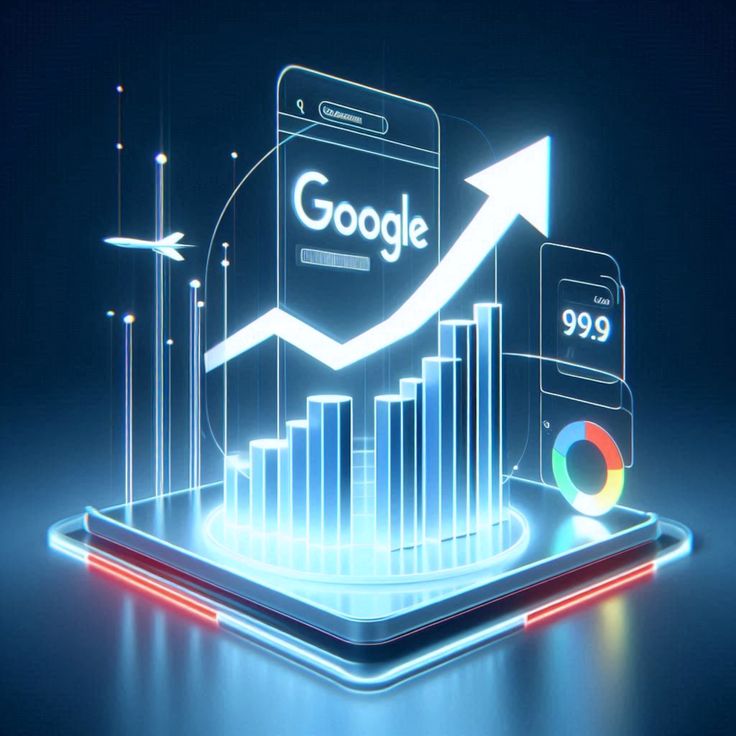Search Engine Optimization (SEO in 2025) is not what it used to be. As we enter 2025, digital marketers, business owners, and content creators must adapt to major changes in the way search engines rank and display content. With artificial intelligence (AI), voice search, and user intent becoming more important than ever, it’s time to rethink traditional strategies.
In this blog post, we’ll dive deep into SEO trends in 2025, explain what’s changing, and guide you on how to stay ahead in this fast-evolving digital world.
The Evolution of SEO: A Quick Overview
Before we get into what’s new, let’s briefly understand how SEO has evolved:
- 2010s: Keyword stuffing and backlinking were common tactics.
- 2015-2020: Google started focusing on user experience and content quality (Panda, Penguin, RankBrain).
- 2021-2024: Mobile-first indexing, Core Web Vitals, and helpful content updates shifted the focus to page experience and user intent.
Now, in 2025, SEO is smarter, more personalized, and heavily driven by AI and user behavior.
What’s Changing in SEO in 2025?
AI is Taking Over Search
With AI like Google’s MUM (Multitask Unified Model) and Chat-based search assistants growing, search engines now understand context better than ever.
What this means:
- Content needs to answer complex, conversational queries.
- Keyword density matters less; semantic SEO is key.
Voice Search SEO is Now Essential
More than 60% of searches are now done through voice (smartphones, smart assistants like Alexa and Siri). Voice queries are longer, natural, and question-based.
Action point:
- Optimize content for long-tail keywords and question phrases (e.g., “What are the best SEO tools in 2025?”).
Search is Going Visual and Multimodal
Visual search tools like Google Lens and AI-generated image results are changing the game.
Tips to optimize for visual search:
- Use high-quality images, descriptive ALT text, and structured data.
- Include image SEO best practices in your strategy.
Mobile-First Indexing Is Non-Negotiable
Google now indexes mobile versions of sites first. A poor mobile experience will hurt your rankings.
Checklist:
- Use responsive design
- Improve mobile loading speed
- Test with Google’s Mobile-Friendly Tool

How to Optimize Your Content Strategy for SEO in 2025
Write for Humans, Optimized for Search Engines
In 2025, user intent is the new king. Content should:
- Solve problems
- Answer questions
- Guide the reader
Use natural language and structured subheadings to make content skimmable and easy to understand.
Use Semantic SEO and Topical Clusters
Instead of targeting one keyword per post, create topic clusters that cover a subject in depth.
Example:
Main Topic: Digital Marketing
Clusters: SEO, email marketing, PPC, social media, content strategy
Interlink these blogs to show authority and boost your ranking.
Include AI-Generated and Interactive Content
Interactive content like:
- Quizzes
- Polls
- AI-powered chatbots
…keeps users engaged and reduces bounce rates, improving SEO metrics.
On-Page SEO Best Practices in 2025
Make sure your title:
- Includes the target keyword
- Is under 60 characters
- Is compelling
Meta description should:
- Be under 160 characters
Use Schema Markup and Structured Data
Google loves structured data because it helps understand your content better.
Add schema for:
- FAQs
- Reviews
- Events
- Products
This helps you get rich snippets in search results.
onclusion: The Future of SEO is Human-Centric and Tech-Driven
SEO in 2025 is smarter, more intuitive, and less about tricking the algorithm. It’s about understanding your audience, creating quality content, and staying updated with the latest SEO trends and Google algorithm updates.
If you want to succeed in digital marketing, start adapting your SEO strategy now. Invest in content, UX, mobile performance, and voice search optimization—and you’ll be ready for whatever the future of search brings.
